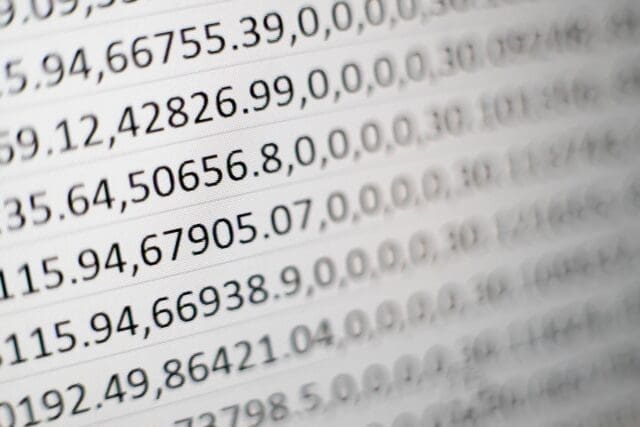For centuries, blackjack has entertained card game enthusiasts in various forms. Given its popularity, the game remains a staple for online casinos and brick-and-mortar establishments. But blackjack isn’t like other games—it’s got the lowest house edge, deals minimally with unknown quantities, and, best of all, there’s a foolproof and legal way to win for those pros who can count cards.
Though today’s clear casino star is poker, with its range of variations and worldwide broadcasting for major tournaments, blackjack isn’t far behind. Both past times rely heavily on stats, making them popular for the mathematically minded, but bluffing helps differentiate the card games distinctly.
Those looking to succeed in blackjack, whether playing live online or in-person, won’t be able to bluff their way out of a losing hand, nor alter the total of opponent and house hands. It’s made blackjack less appealing for remote viewers—but today’s pros aren’t in it for the glamour.
Instead, there’s a clear emphasis from legends like Ken Uston and Arnold Snyder on refining mathematical systems designed to give players the edge. Since counting card systems emerged in the late 1970s, the topic has been covered extensively, from guides to Hollywood films. Let’s take a closer look at some of the most influential blackjack experts of recent history.
The Science & Skill Behind Counting Cards
Those looking to understand the modern science behind blackjack probabilities can look no further than the Blackjack Hall of Fame. Created in 2002, the original inductees are a who’s who of card counting and the creation of the blackjack team.
Ken Uston, Arnold Snyder, and Edward O. Thorp are just three names that helped create the first systems used to count cards. By using math, memory, and observation skills, blackjack professionals (many of whom had backgrounds in math and business) took to Vegas to create teams that could count cards to predict which cards the dealer was likely to pull.
Unsurprisingly, Uston, Snyder, and Thorp were targeted by casinos, many of which were looking to stop card counting or have it declared illegal. Uston relied on disguises to sneak into various casinos and continue perfecting his system.
Meanwhile, others like Snyder were heavily involved in cases to determine the legality of counting cards. He successfully argued that counting cards aren’t illegal—it’s a skill that players with high levels of intellect can develop. In other words, chess players aren’t disqualified from tournaments for having superior intellectual skills… so why ban the savviest blackjack players?
In the following decades, younger maestros like Bryce Carlson began penning books to explain card counting for the average gamer who lacks superhuman math skills.

Hedging Their Own Bets
Though card counting emerged in the 1970s as a system to beat the house when playing blackjack, further developments came from businessman Don Johnson in the mid-2000s. Rather than create or redefine existing mathematical methods to win at blackjack, Johnson relied on his own business skills to market himself and his worth with Atlantic City casinos.
He negotiated with casinos to allow for split decks, re-splitting aces, rebate deals for losses, and more with the promise that he’d continue playing like a high roller. The results saw Johnson take home nearly $15 million in a period of six months.
Though today’s world of blackjack sees many pros treat the game like a business, casinos altered their policies after Johnson cleaned out Atlantic City in 2010. According to one unnamed pro interviewed by Forbes, it’s harder than ever to make a career of counting cards in Vegas. However, current conditions will likely lead to new innovations in the storied game of blackjack.
Featured Photo by Mika Baumeister on Unsplash




